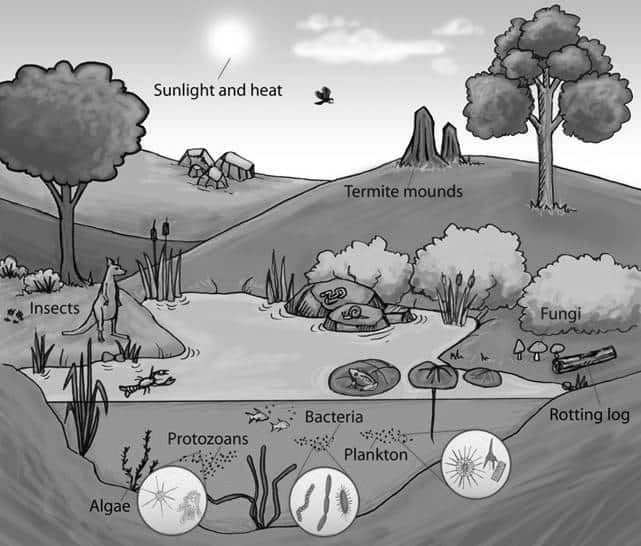Introduction
The Ecosystems mental model is a powerful framework that helps us understand the interconnectedness and interdependencies of various elements in decision making. Anchored in human psychology, this model recognizes the prevalence of ecosystems in our day-to-day lives, from personal choices to business strategies and public policy-making. In this comprehensive blog post, we will explore the concept of Ecosystems, its relevance in decision-making processes, and how it can shape our understanding of the world.
-
Definition and Relevance of Ecosystems in Decision Making
- Define Ecosystems as interconnected networks of actors, resources, and processes.
- Explain how Ecosystems thinking enhances our understanding of complex systems and their influence on decision making.
- Discuss the relevance of Ecosystems in both individual and collective decision-making processes.
- Highlight the role of Ecosystems in shaping outcomes and consequences of our actions.
-
Examples of Ecosystems in Different Contexts: Personal Life
- Explore how personal relationships, social networks, and family dynamics form a personal ecosystem that influences decisions and outcomes.
- Discuss the impact of cultural, economic, and environmental factors on personal choices and well-being. Business Scenarios:
- Examine how ecosystems influence the success or failure of businesses.
- Highlight the role of partnerships, supply chains, and market dynamics in shaping business strategies and competitiveness. Public Policy-Making:
- Illustrate how public policy decisions are influenced by diverse stakeholders and their interactions within the societal ecosystem.
- Discuss the implications of neglecting ecosystem dynamics in policy formulation and implementation.
-
Mental Biases and Psychological Underpinnings
- Explore the mental biases that contribute to a failure to consider ecosystems adequately, such as reductionism, confirmation bias, and availability bias.
- Discuss how bounded rationality and cognitive limitations can hinder our ability to perceive and understand complex ecosystems.
- Examine the interplay between cognitive biases and the ecosystems mental model, and how they can lead to suboptimal decisions.
-
Strategies for Navigating Ecosystems and Avoiding Bias
- Provide practical advice on how readers can identify the presence of ecosystems in decision-making situations.
- Offer strategies for mapping and analyzing ecosystems to gain a comprehensive understanding of the system’s dynamics.
- Introduce tools and techniques for identifying and mitigating cognitive biases that may hinder effective ecosystem analysis.
- Encourage readers to seek diverse perspectives, engage in systems thinking, and consider long-term consequences when making decisions.
-
Implications of Ecosystems and the Value of Awareness
- Summarize the implications of the Ecosystems mental model in decision making across various domains.
- Emphasize the value of awareness and active avoidance of the Ecosystems fallacy to make more informed and holistic decisions.
- Highlight the potential for positive change and improved outcomes by embracing a systemic perspective.
- Encourage readers to continue exploring mental models and their application in decision making.
Conclusion
The Ecosystems mental model offers a lens through which we can better understand the complexity of decision making. By recognizing the interconnectedness and interdependencies of various elements, we can navigate the challenges and pitfalls of decision making more effectively. By cultivating awareness and applying strategies to mitigate biases, we empower ourselves to make more informed and impactful choices. Let us embrace the Ecosystems mental model and unlock its potential to shape a better future.
